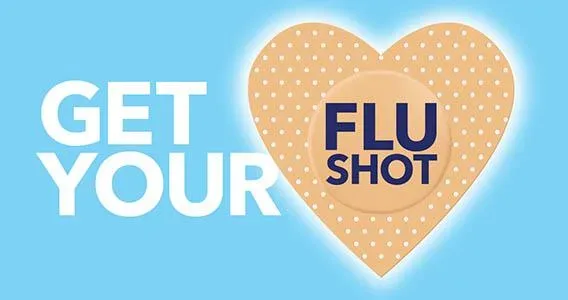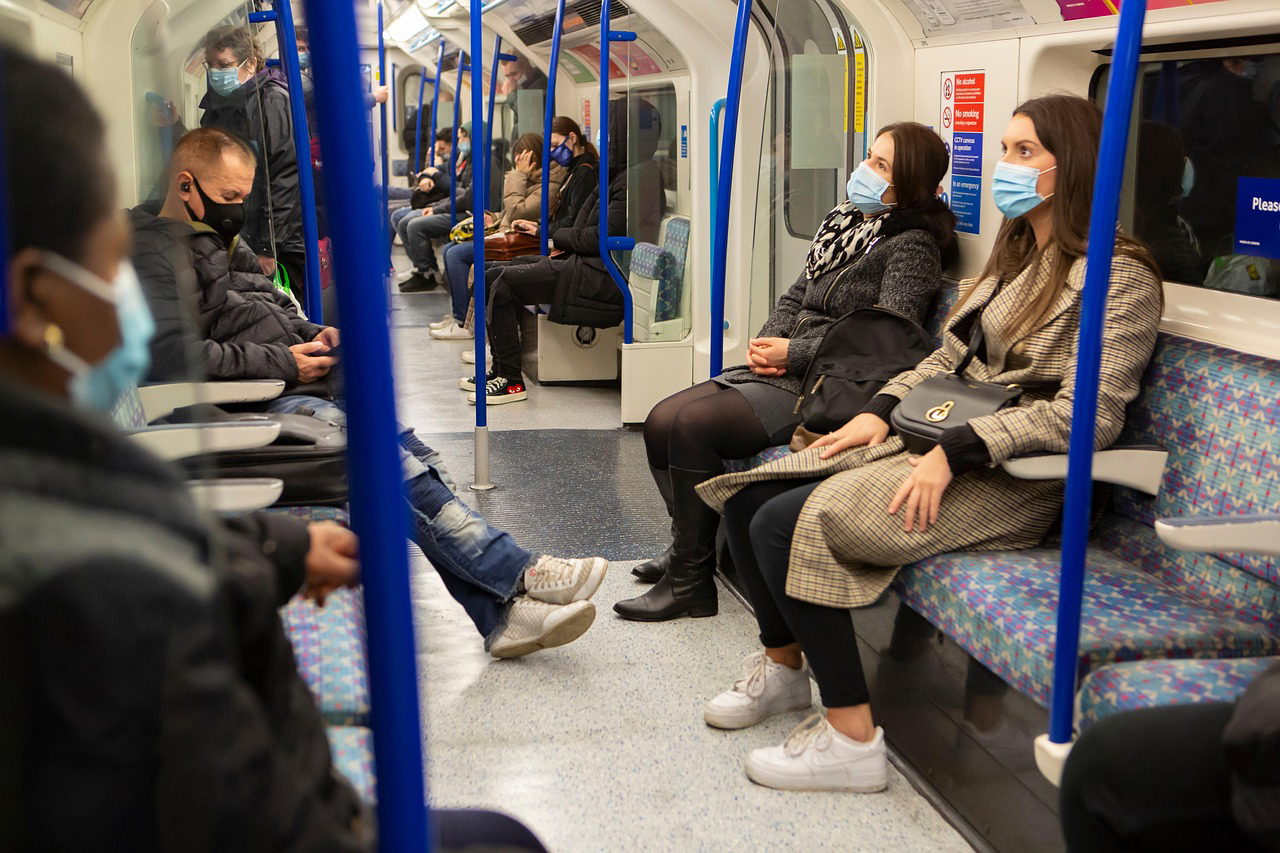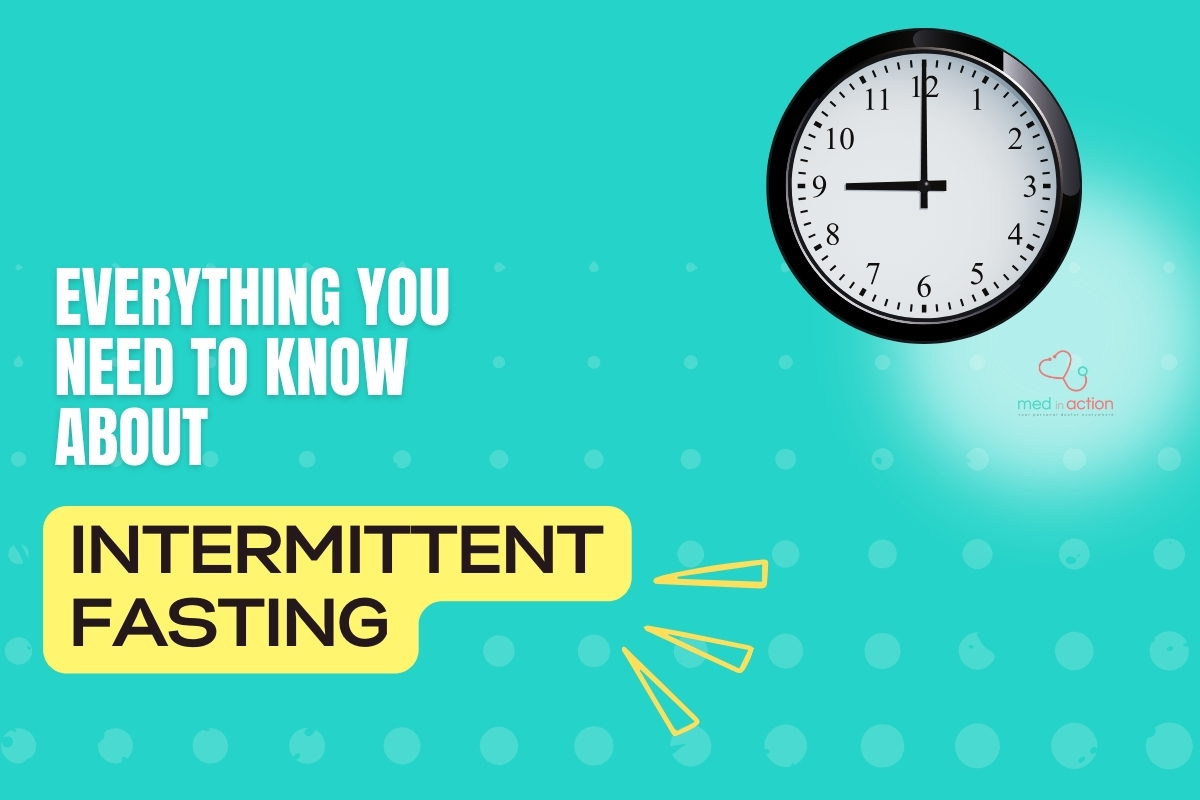These days it can be hard to know the difference between flu and COVID-19 symptoms. Last year, it seemed as if the spread of the seasonal flu was limited due to social distancing and strict masking mandates. Now with the return of travel, social gatherings and a new sense of normal, it’s important to make sure you and your family are protected from the seasonal flu. Here are some of the things you may need to know about the flu vaccine in Italy this year.
Who can get a flu vaccine?
The vaccine is recommended for people at least 6 months of age who are not contraindicated.
The flu vaccine is especially recommended for people in vulnerable categories:
- Those 65 and older
- Children between 6 months and 6 years old
- Pregnant women
- Those with preexisting conditions such as asthma, neurological and neurodevelopmental conditions, blood disorders, chronic lung disease, endocrine disorders, heart disease, kidney disease, liver disorders, and metabolic disorders
- Those who are obese (BMI≥40)
- Those with weakened immune systems due to disease or medication
- Those who have suffered a stroke
- Medical workers and personnel
Those for whom the flu vaccine is contraindicated are:
- Infants under 6 months of age (no controlled clinical studies have been done to demonstrate the safety of the vaccine in this age range)
- Those who have expressed serious allergic (anaphylaxis) reactions after the administration of a previous dose of the vaccine or one of its components
- Those who have an acute illness to a mild or serious extent, with or without fever, constitute a temporary contraindication for the vaccine. Vaccination should be postponed until they are healthy again
- Those who have a positive medical history of Guillain-Barré Syndrome within six weeks of the administration of a previous dose of the flu vaccine. Guillain-Barré Syndrome is not correlated to the flu vaccine, and surges of more than a year are reason for precautionary measures. Although available data is limited, the advantages of the vaccine justify its annual administration in subjects at high risk of serious complications from the illness.
When can I get a flu vaccine?
The time is now! Flu vaccination generally begins taking place around mid-October in Italy. It’s also possible to get a Covid-19 vaccine in the same sitting as the flu vaccine when you book through the national health system.
Where can I get the vaccine?
The vaccine is available at most pharmacies and clinics. You can have your vaccine done by English-speaking medical professionals by booking here.
I’m a foreign traveler, can I get a vaccine?
Yes. Many clinics and pharmacies begin offering flu vaccines from mid-October and throughout the fall and winter season.
I have flu symptoms. What should I do?
The first thing you should do if you suspect that you or your child have the flu is to get a Covid-19 test. We also recommend staying home or keeping your child home from school to prevent the spread of the influenza virus, as the virus is most contagious the first 3-4 days according to the CDC.
If your symptoms do not improve after about 5-7 days, or worsen after improvement, seek advice from your medical provider.
Can I still get the flu if I’m vaccinated?
Yes. Although the flu vaccine does not protect against the virus 100%, it significantly reduces the chances of getting ill.
Can the vaccine give me the flu?
No. Although you may experience flu-like symptoms after being vaccinated, the vaccine does not give you the flu.
Which vaccines are available in Italy?
The vaccines available in Italy are all authorized by the European Medicines Agency (EMA) and or the Italian Medicines Agency (AIFA). Not all authorized vaccines are necessarily on the market. Local production laboratories define whether to make one or all of their products available for public use or not.
In Italy, the influenza quadrivalent influenza vaccines available contain 2 influenza A viruses and 2 influenza B viruses. The authorized vaccines in Italy are:
- Inactivated quadrivalent cell culture vaccine (VIQcc)
- Inactivated adiuvate quadrivalent vaccine (VIQa)
- High-dose Influenza Vaccine (VIQhd)
- Live Attenuated Influenza Vaccine (LAIV)
- Recombinant DNA Quadrivalent Vaccine (VIQr)
What can I do to reduce the risk of getting ill?
- Get vaccinated
- Wash your hands or use hand sanitizer in the absence of soap and water
- Cover your mouth and nose when you cough or sneeze
- Stay home and isolate yourself if you’re presenting flu symptoms
- If you have to go out, wear a mask to prevent the spread of the flu virus especially in medical structures
To learn more…
For more information, please refer to these sources:
United States Center for Disease Control
Prevention and Control of Influenza: Recommendations for the 2021-2022 Season




